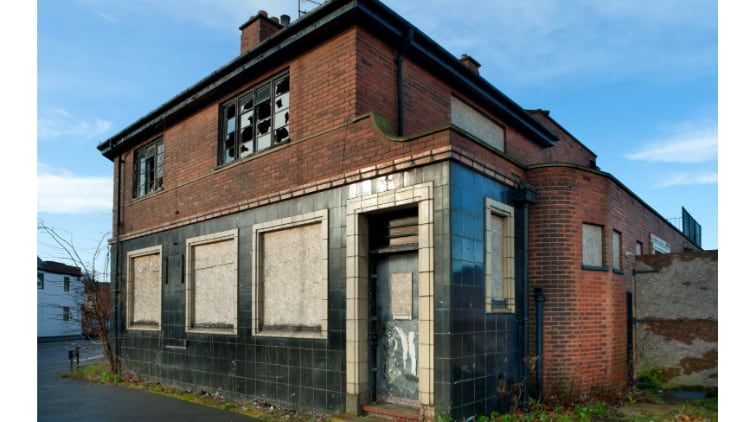Registered insolvencies in the ‘accommodation and foodservices’ sector jumped 61% between 2021 and 2022, and reached a 10-year peak according to figures from The Insolvency Service.
Insolvencies in the sector rose from 1,676 in 2021 to 2,704 in 2022. The total number of insolvencies in hospitality last year was the highest annual total across a ten-year period (a rise of 77% from 1,524 in 2012).
Insolvencies in the previous two years have been lower than would be considered ‘normal’ in the hospitality industry. Audit, tax and consultant RSM said this, in large part, is due to Government Covid support packages that propped up some businesses during the pandemic that might have otherwise failed.
Successive challenges
RSM UK partner and head of leisure and hospitality Paul Newman said: “It’s the culmination of successive challenges that have led to these desperately sad statistics.
“For many hospitality operators who hoped to bring themselves back to health following the pandemic, 2022’s inflationary climate will have proved far too much to bear. These businesses have dealt with a toxic mix of factors including debts accrued during lockdowns, increased energy prices, staff shortages and rising input costs across everything from staff wages to raw ingredients. Not to mention industrial strike action across the rail networks which impacted Christmas trade for many.
“It’s likely those most affected will have been small and independent businesses that were already operating to fine margins but are essential to the entrepreneurial spirit that defines the UK hospitality sector.”
Weather the storm
He continued: “With investors taking the long-term view that consumer demand will remain stable and current headwinds will begin to abate towards the end of 2023, we anticipate larger, managed groups with increased economies of scale to weather the storm better.
“Indeed, consolidation in the industry is likely as those groups seize opportunities to grow by acquiring struggling operators.
“We expect the excess in insolvencies in the hospitality industry to continue for at least the first two quarters of 2023. But as the recession softens, liquidations in the sector should begin to tail off.
“With the return of warmer weather, summer should see consumer confidence increase as energy bills become less of a concern – the easing of inflation and interest rates will compound this while relieving pressure on input costs for operators.”




